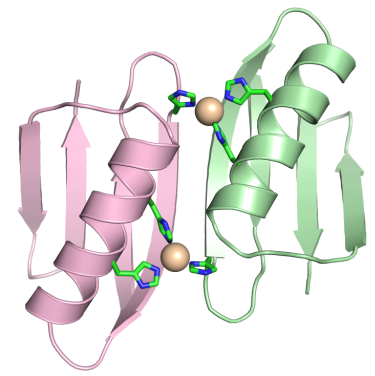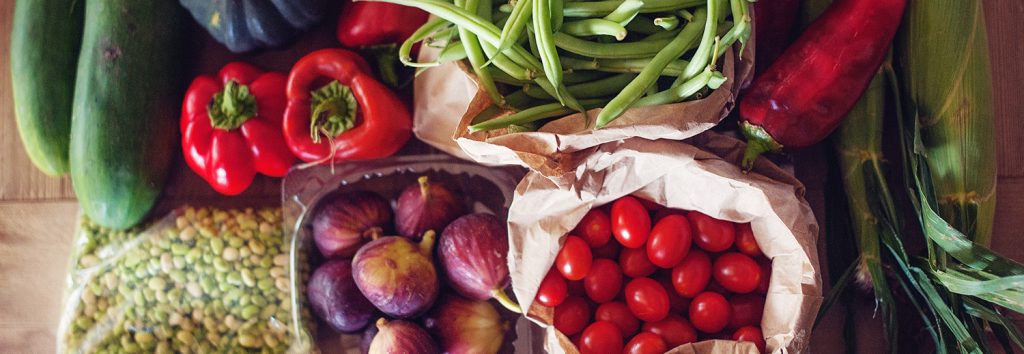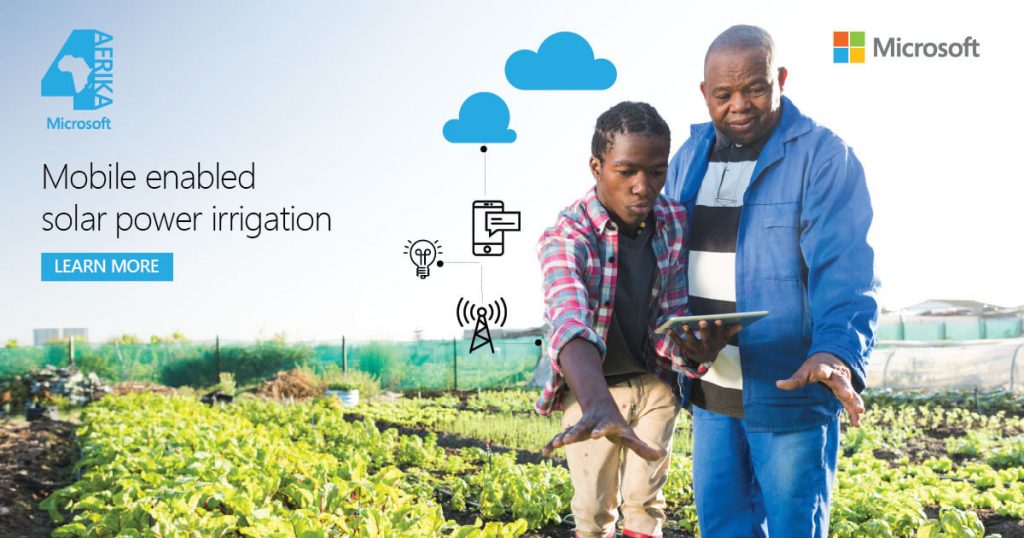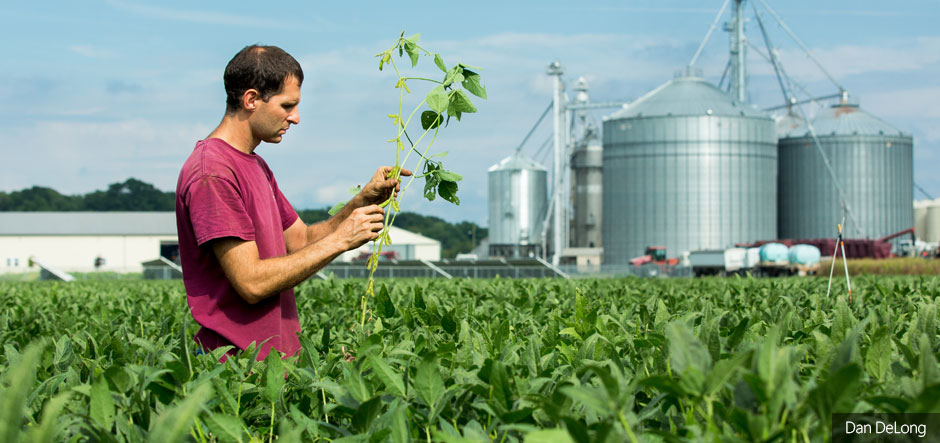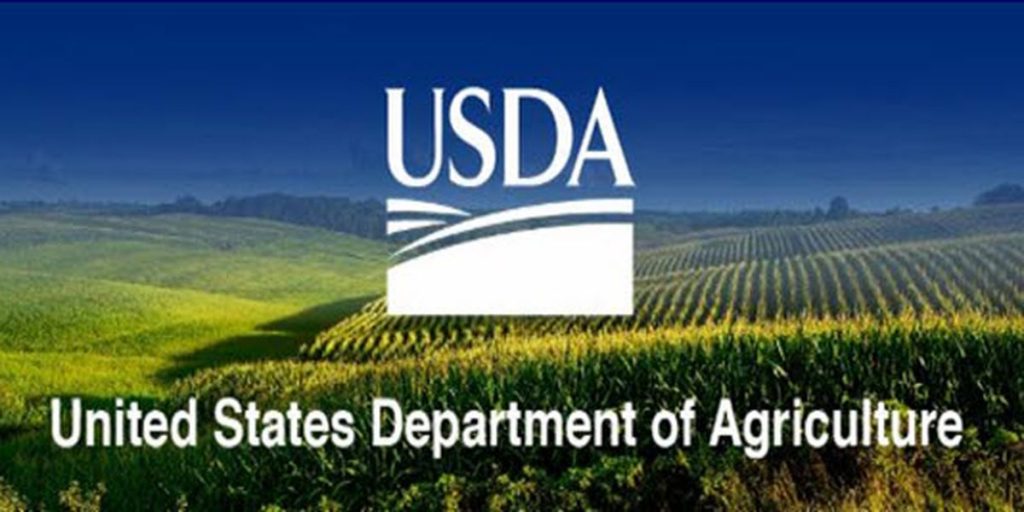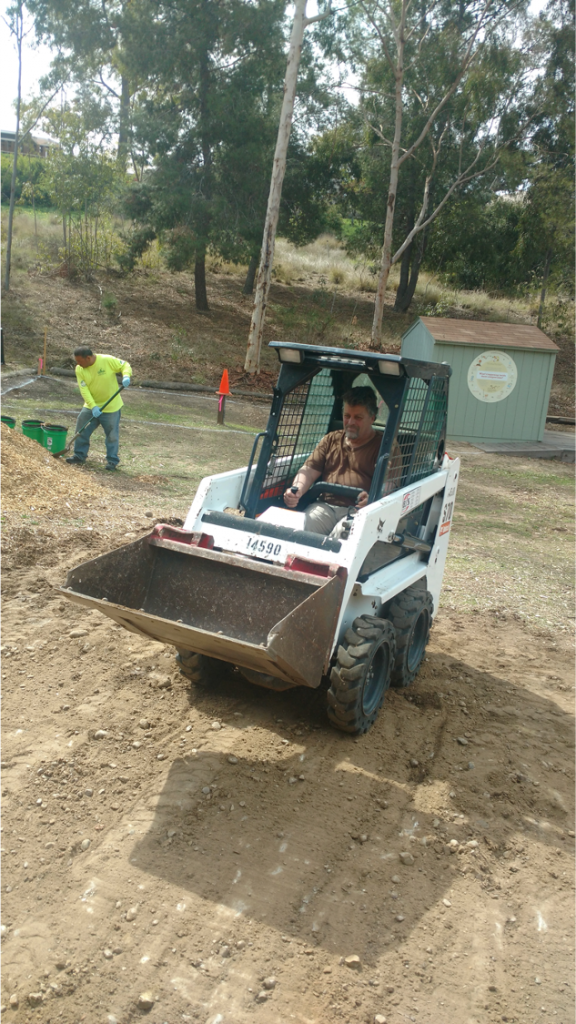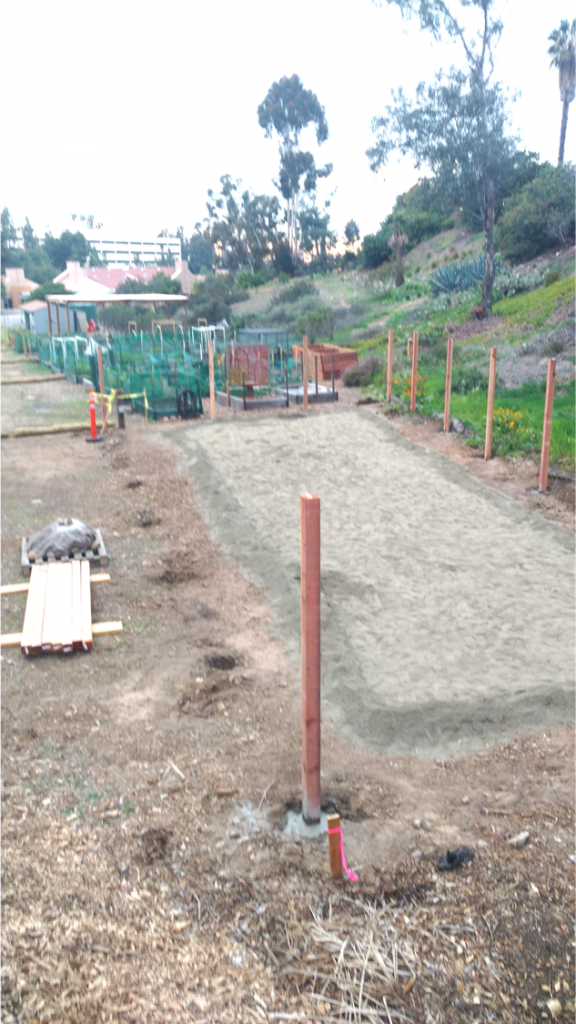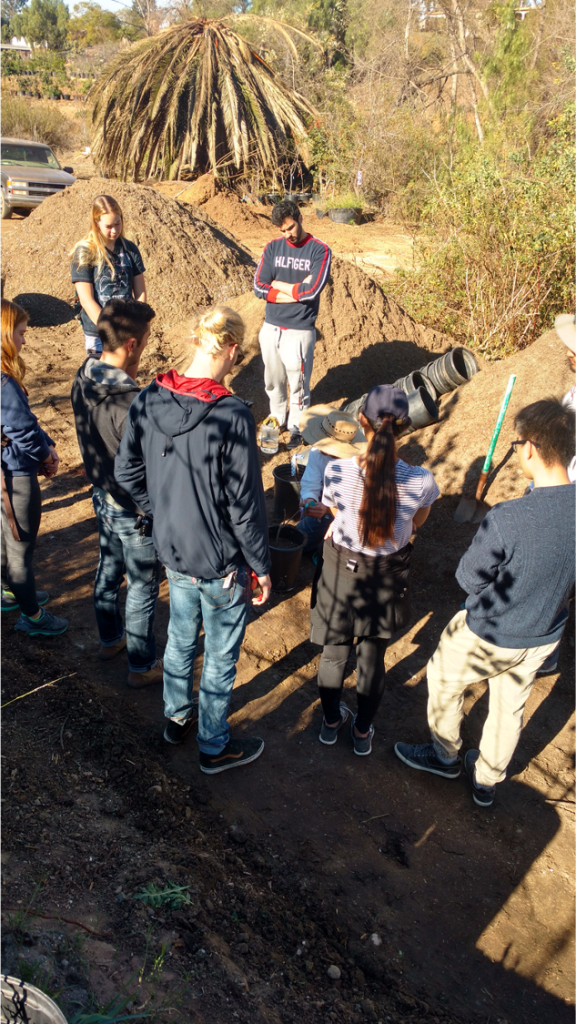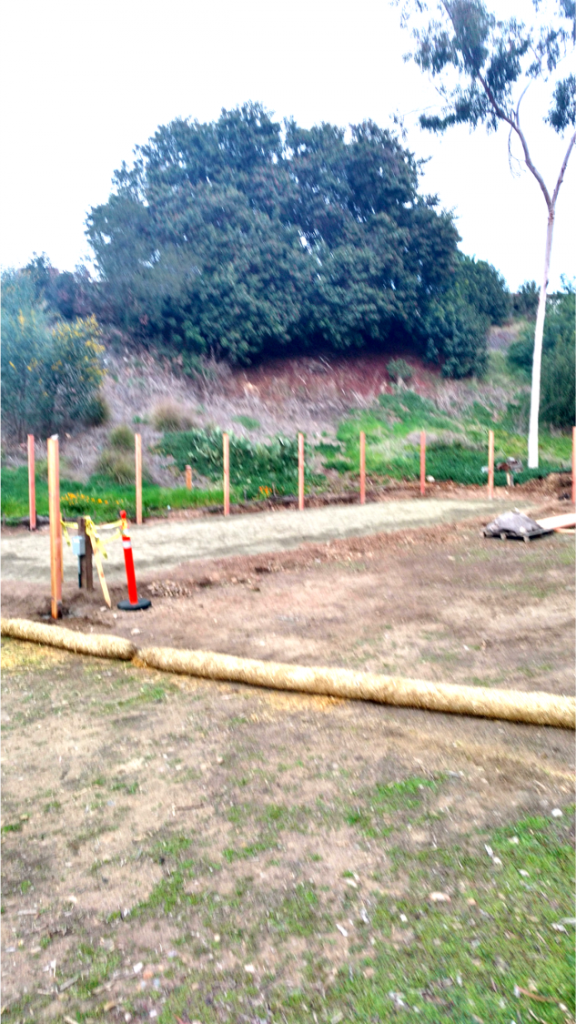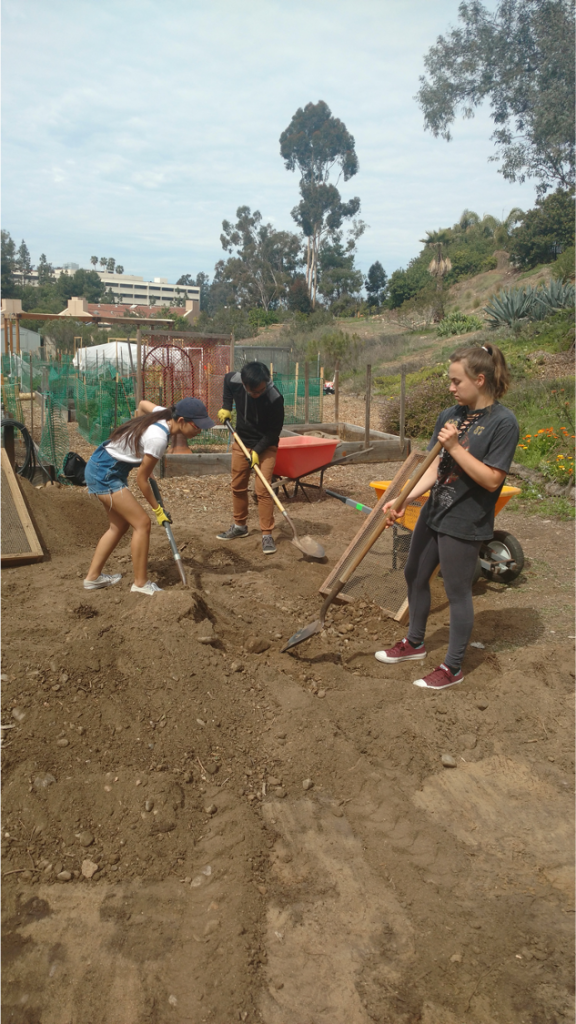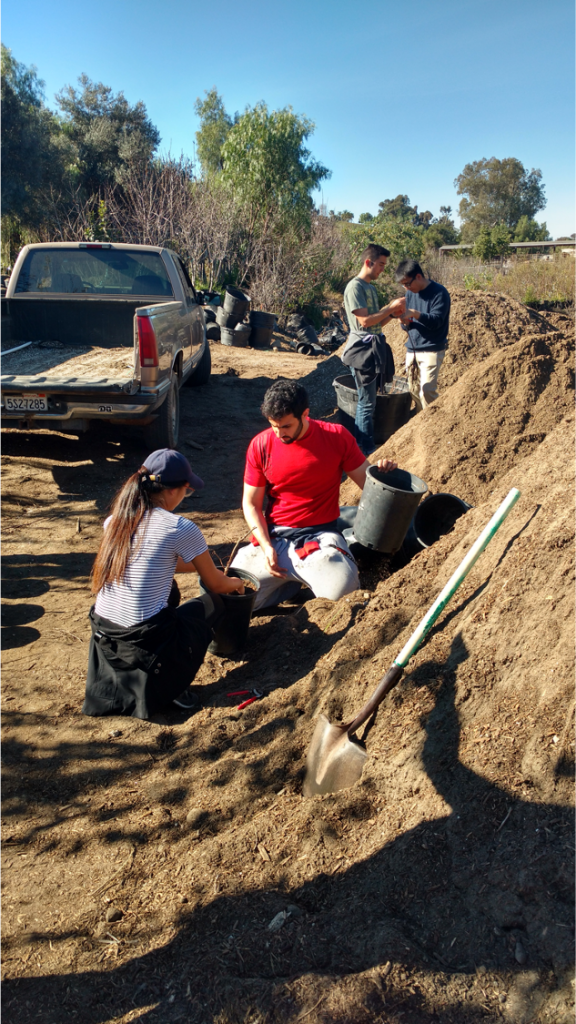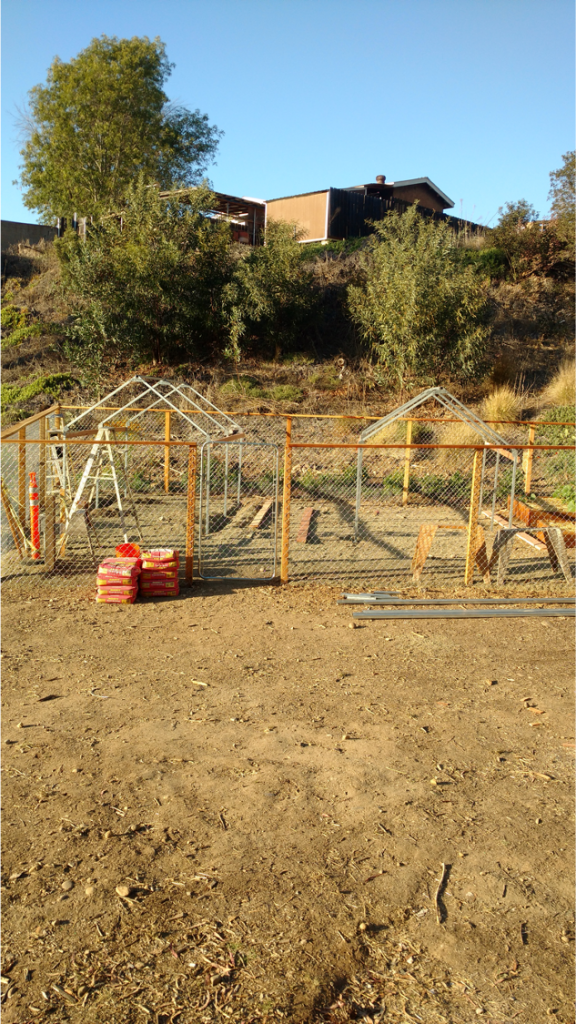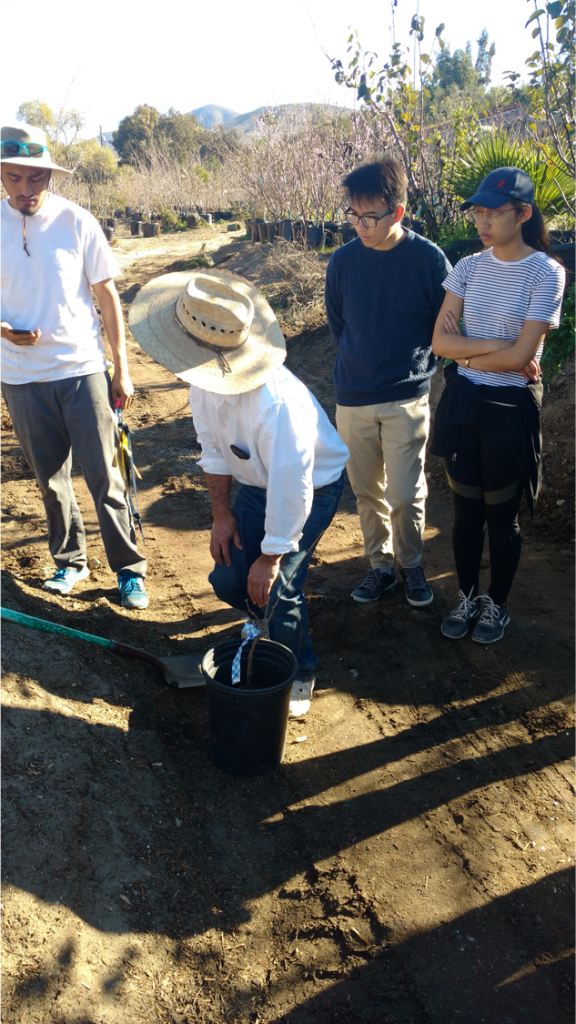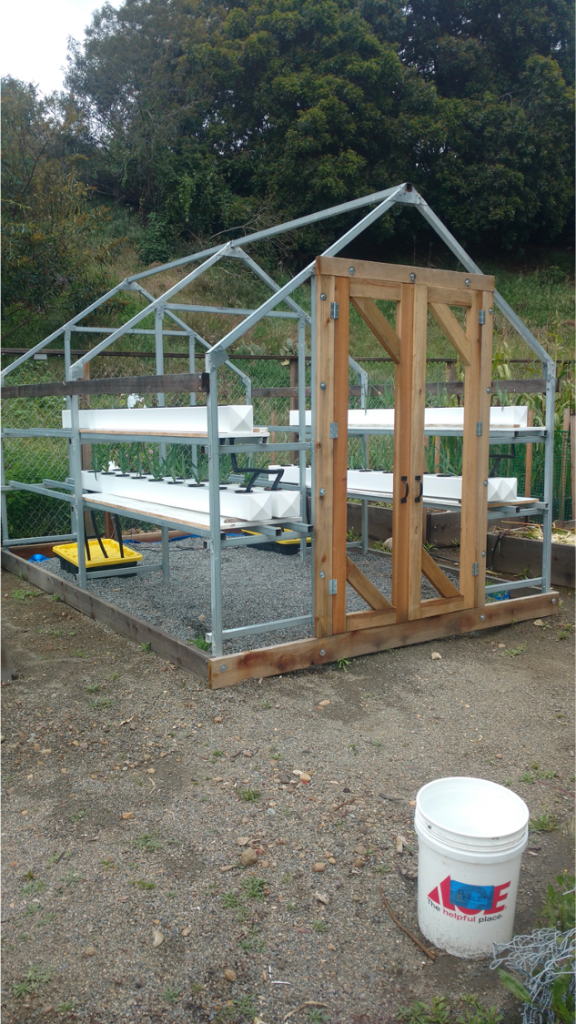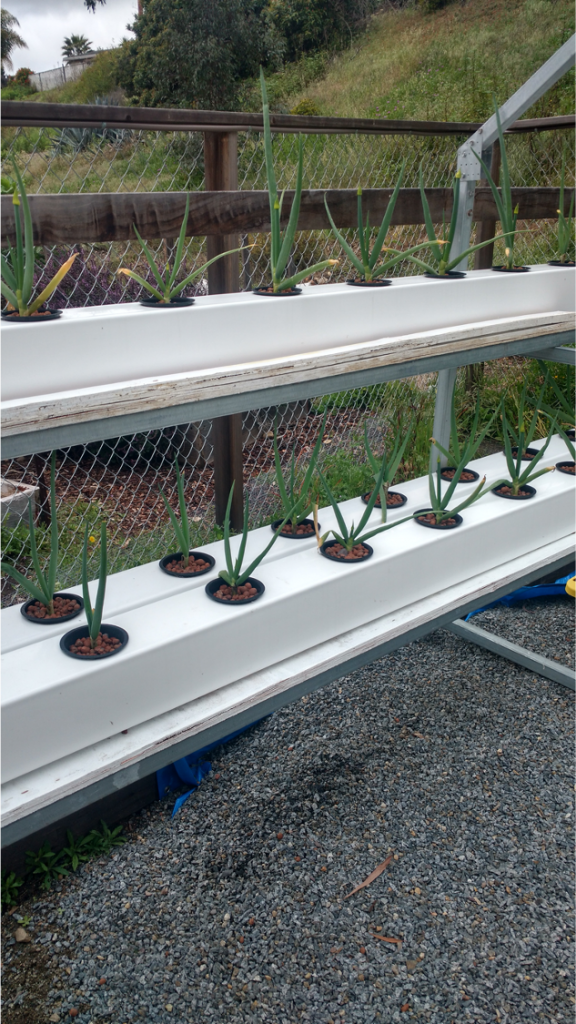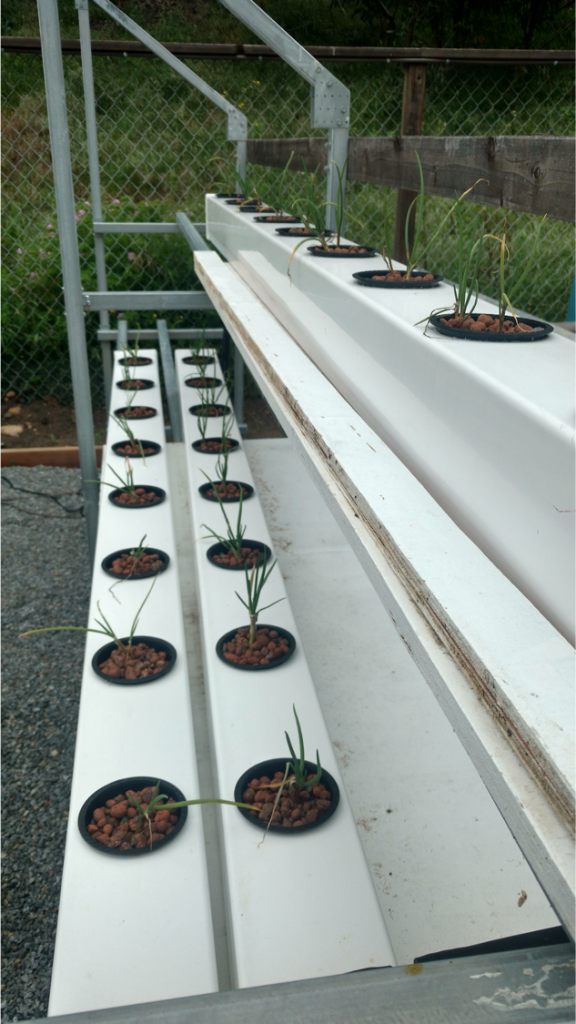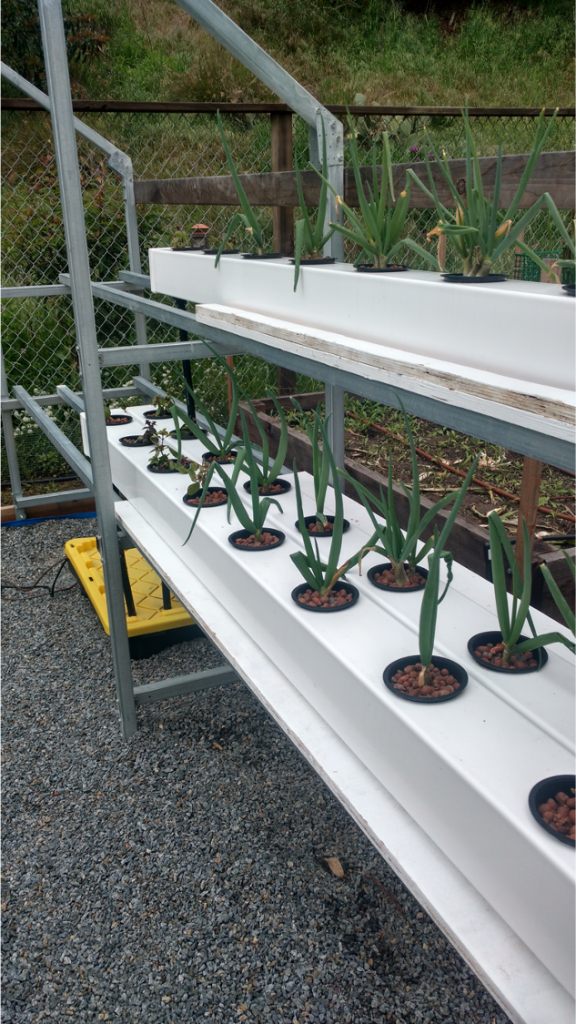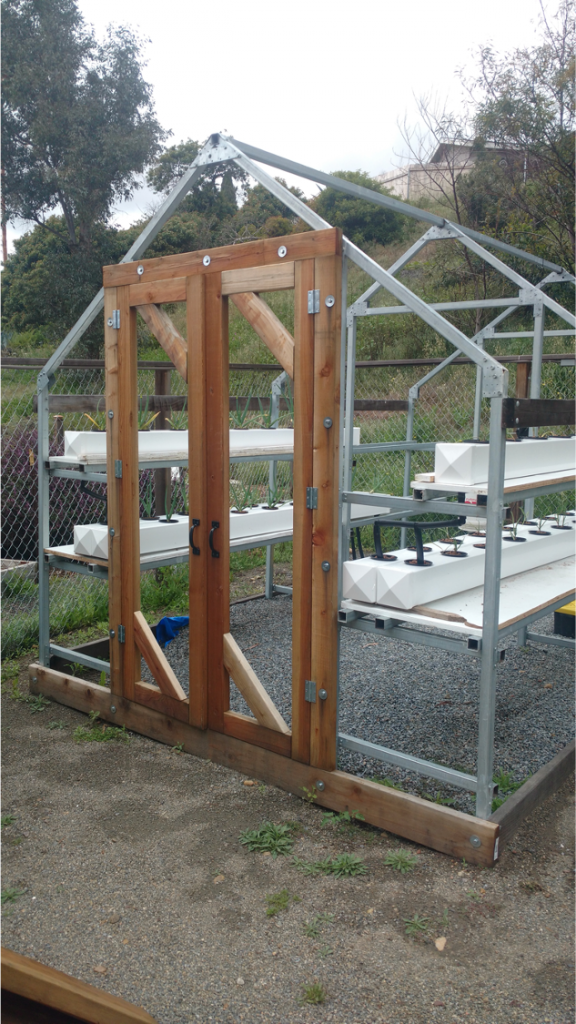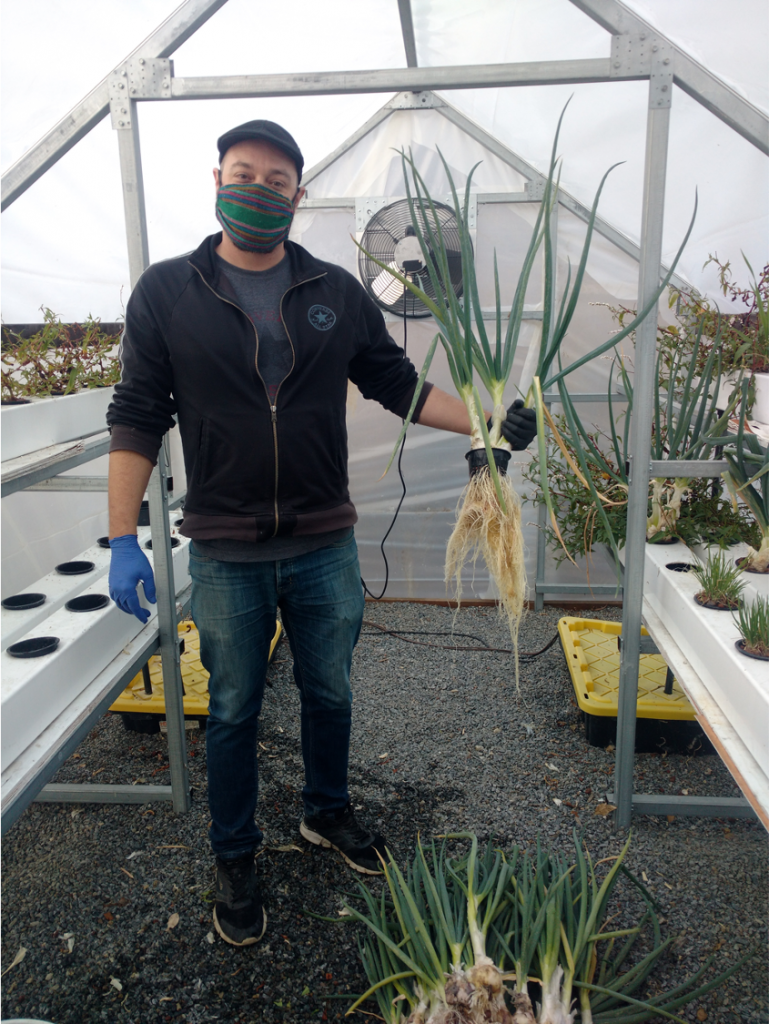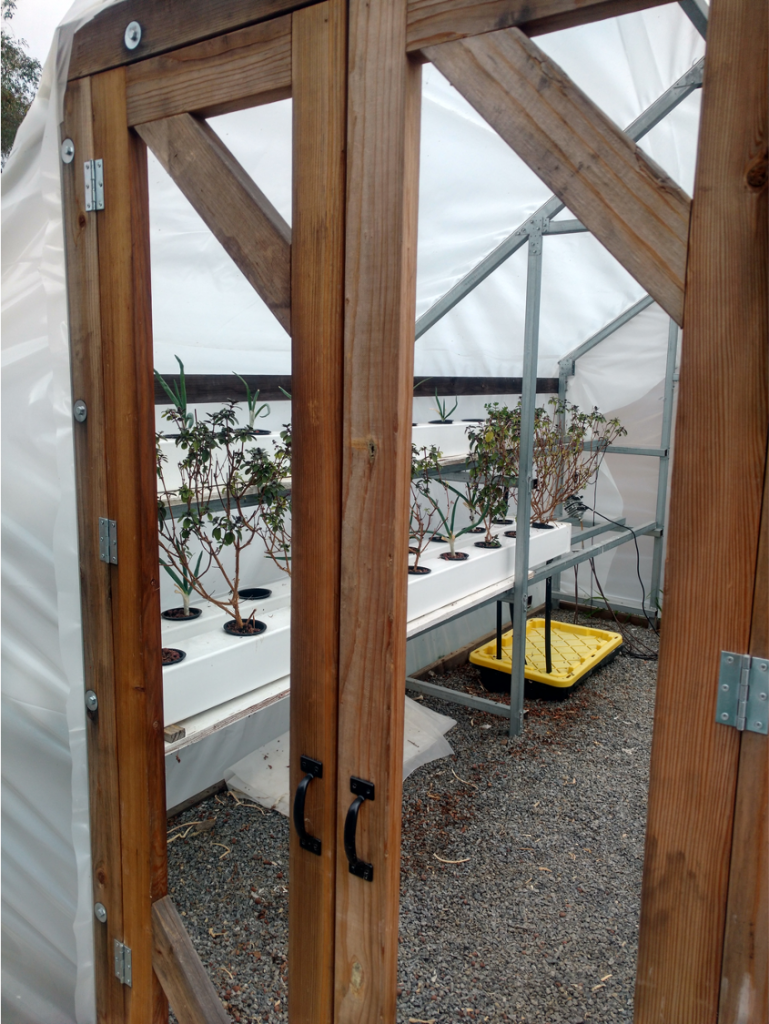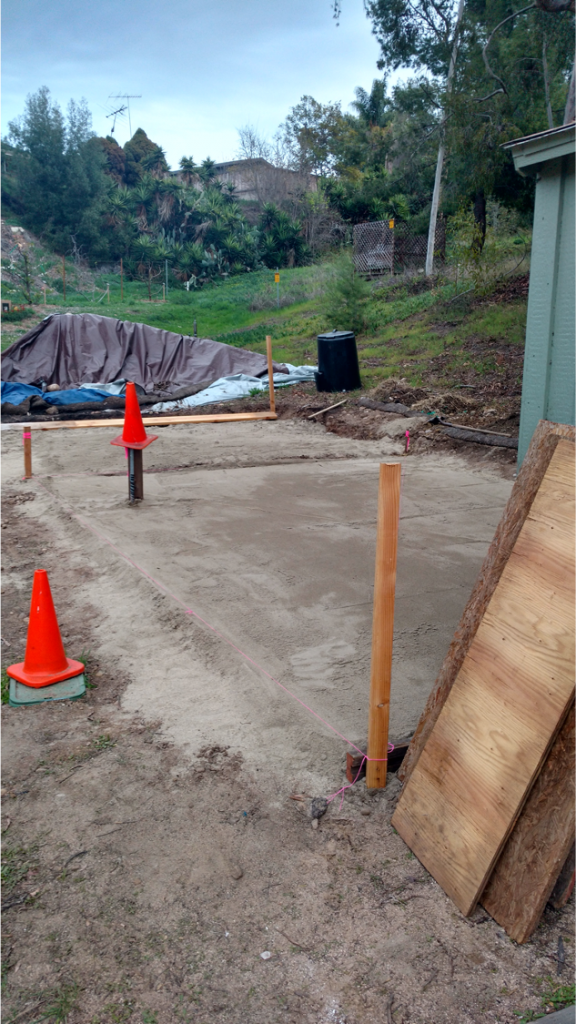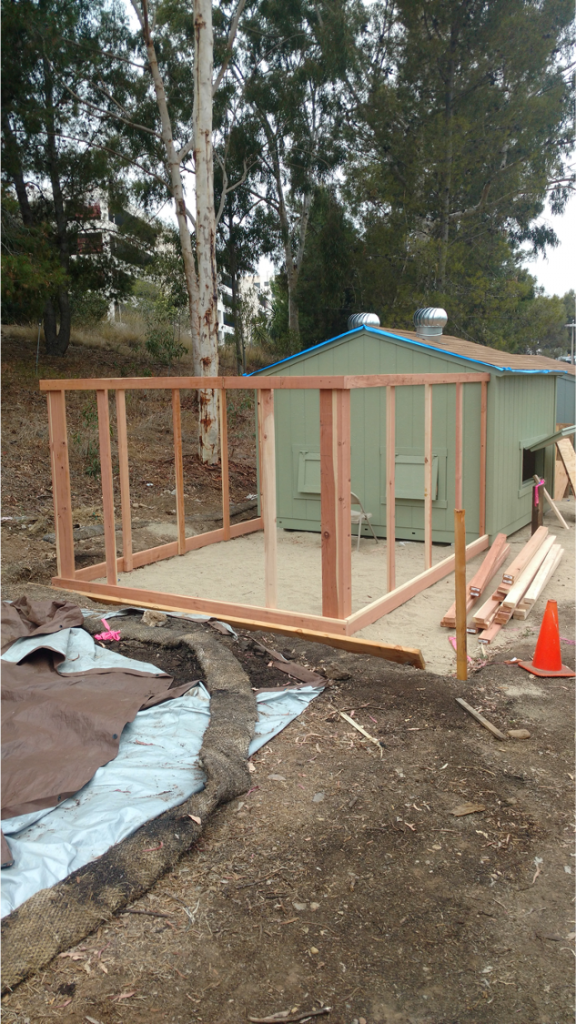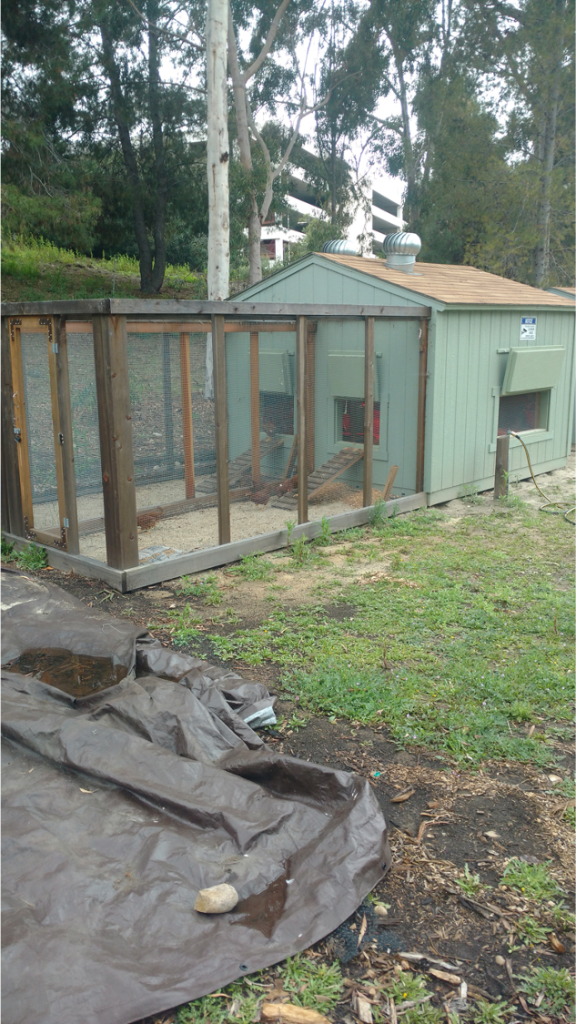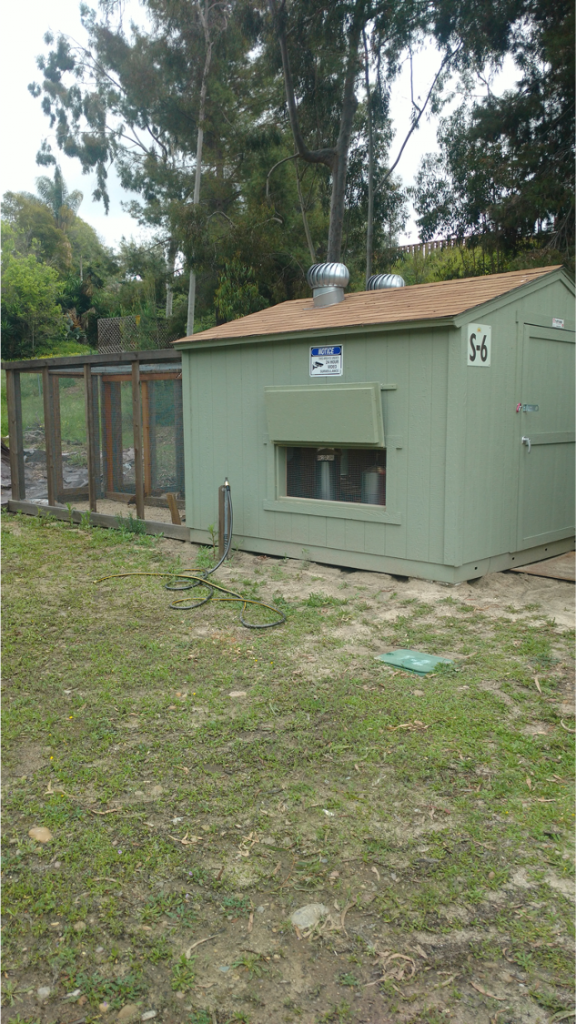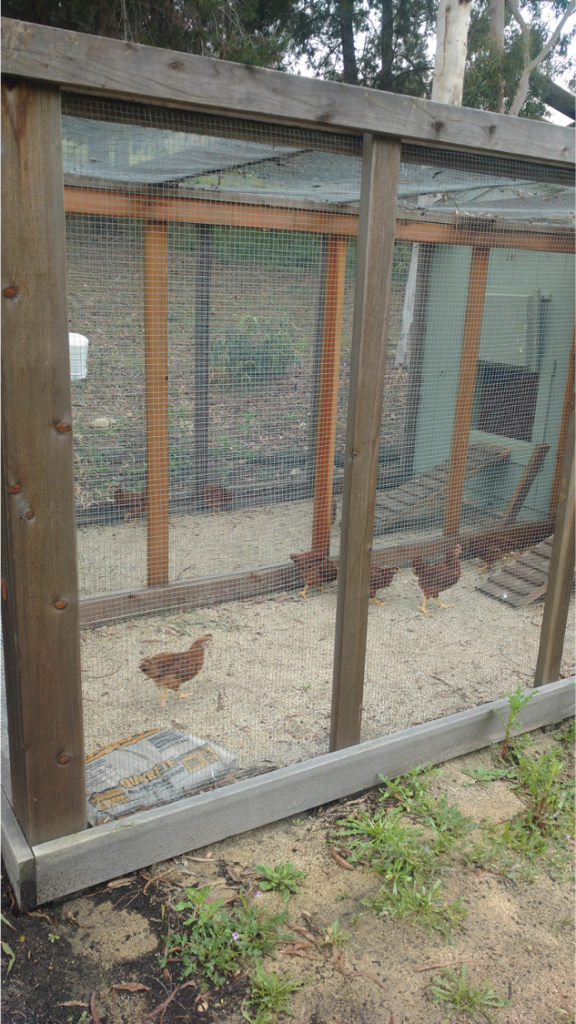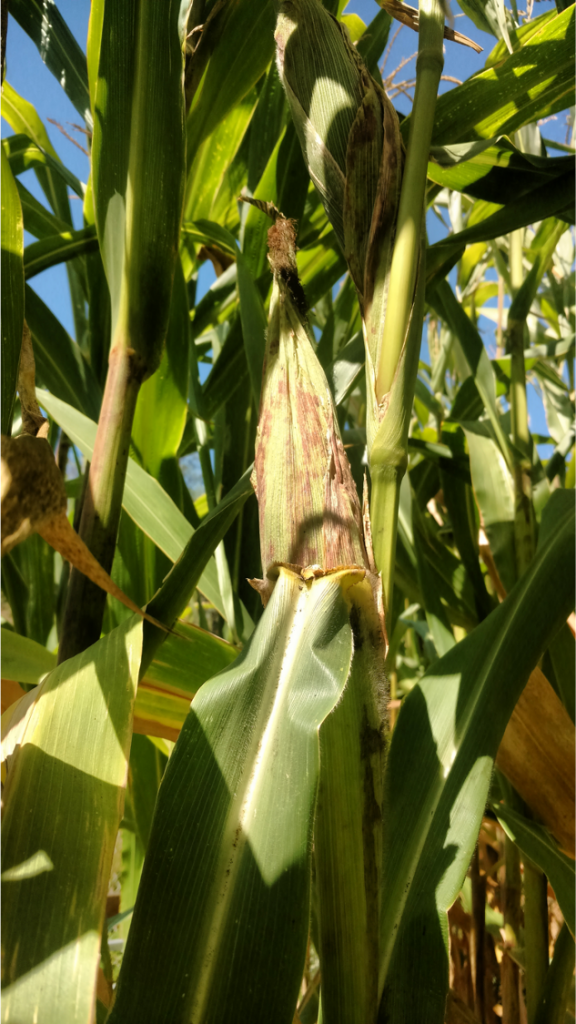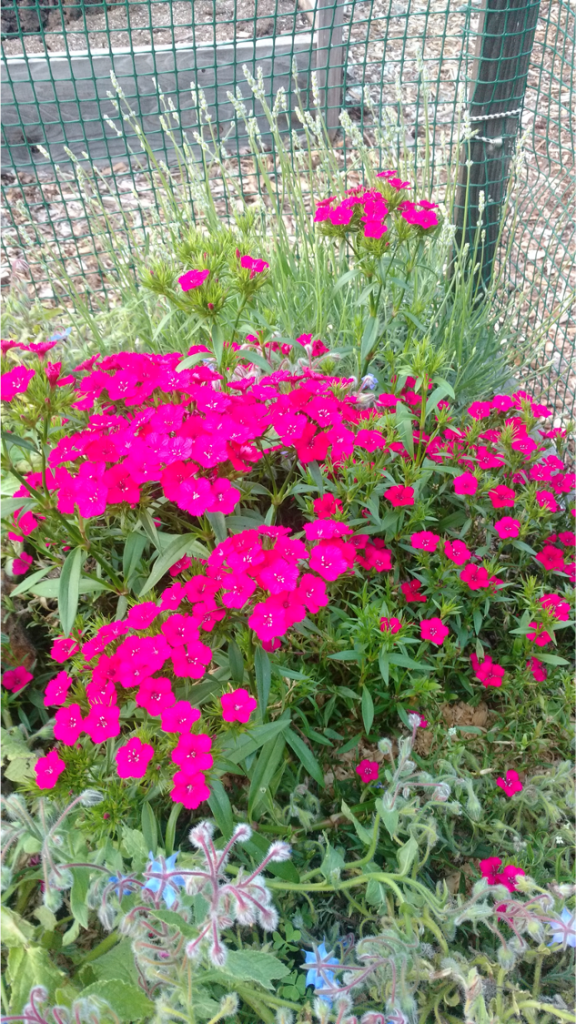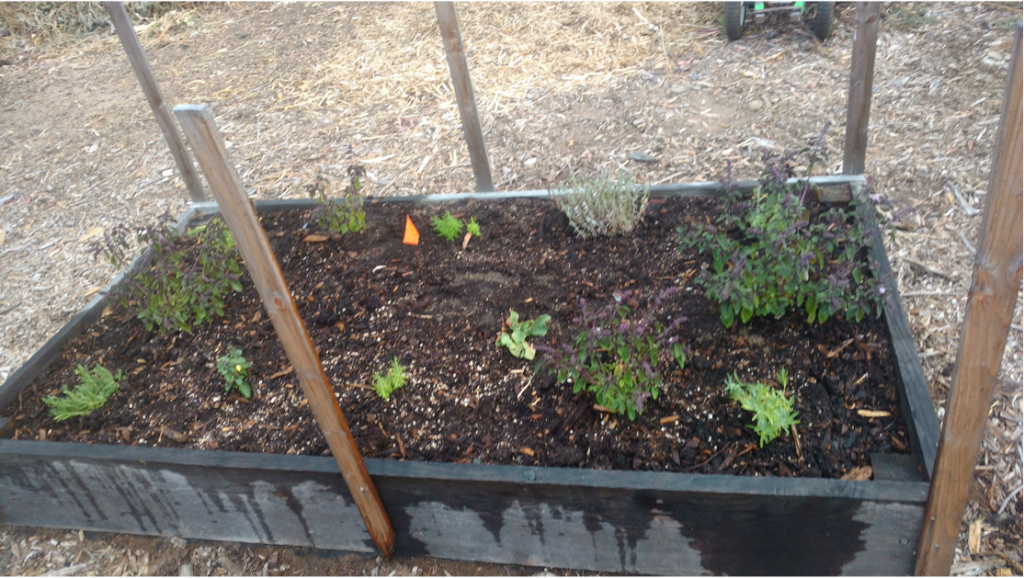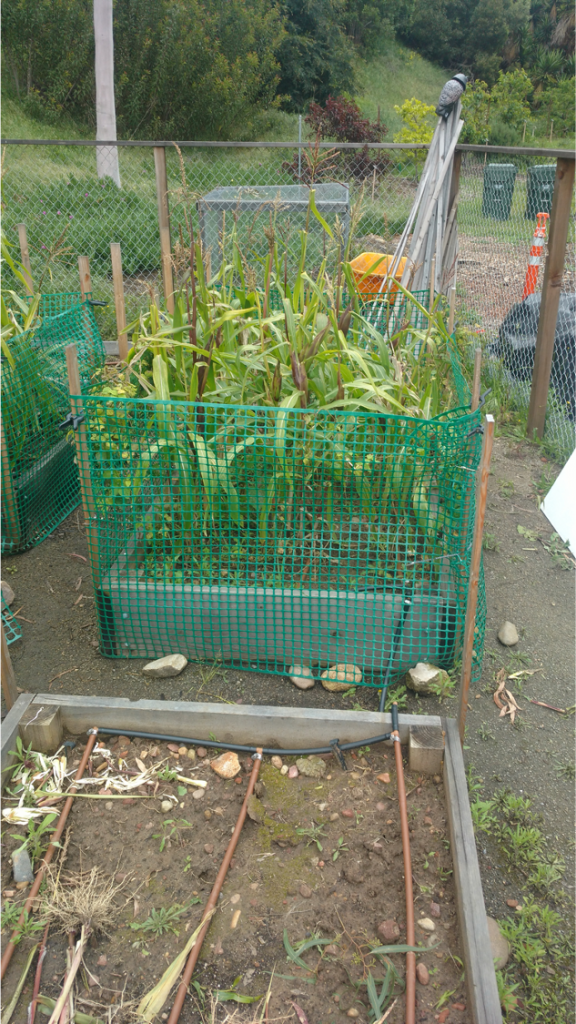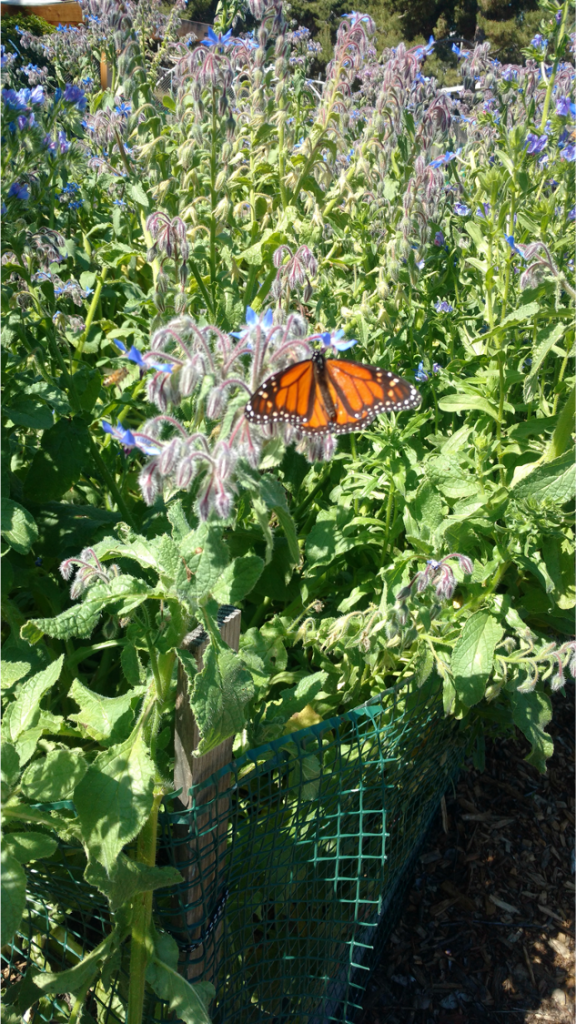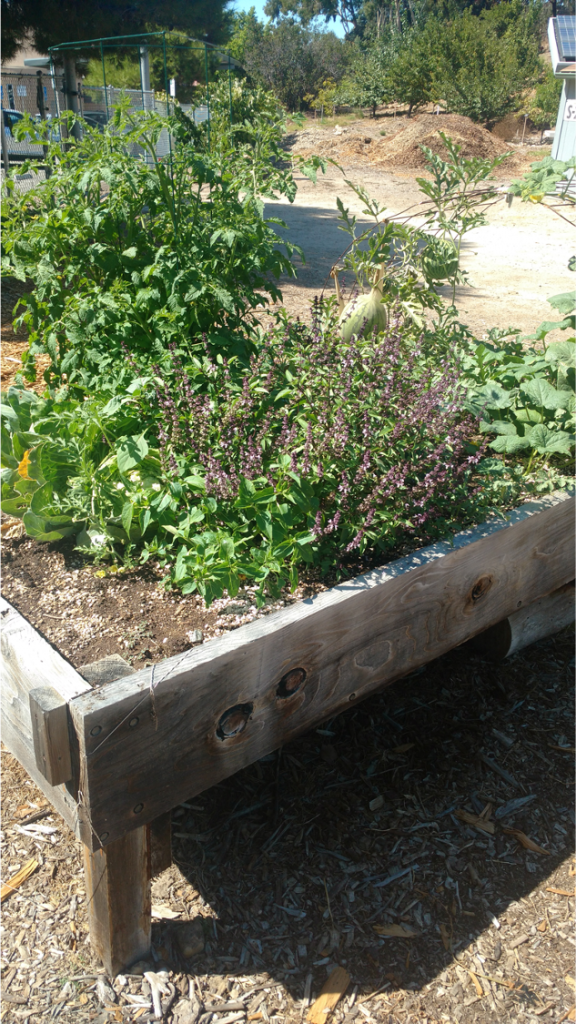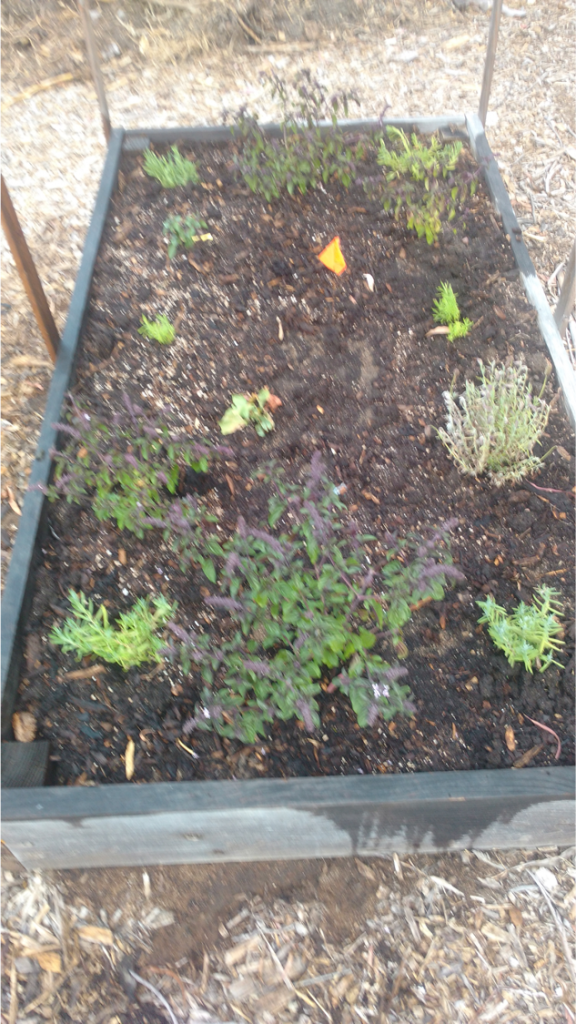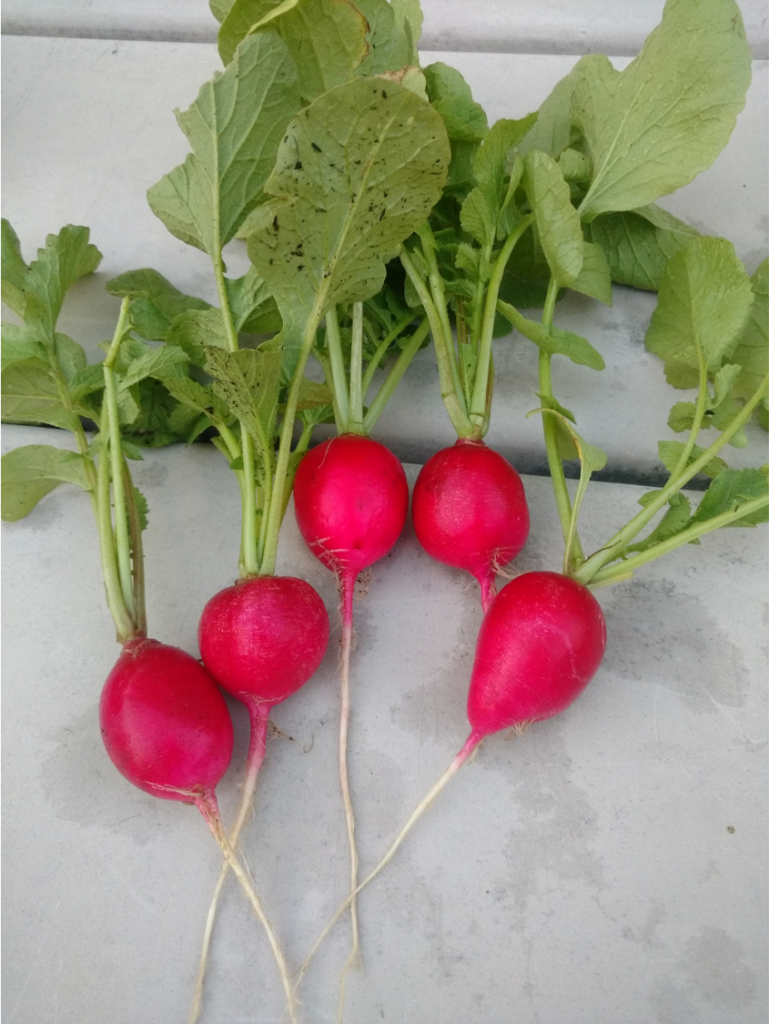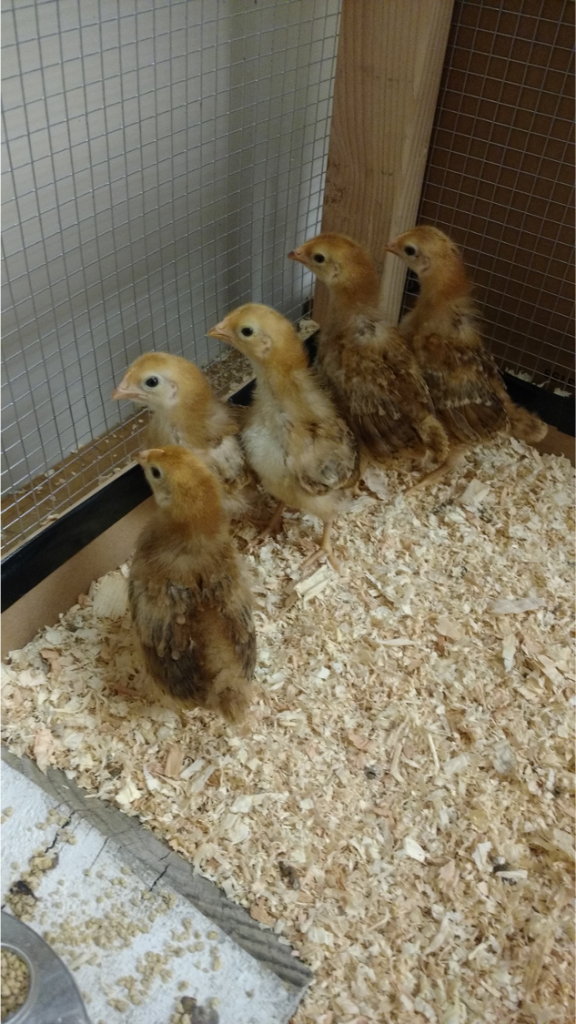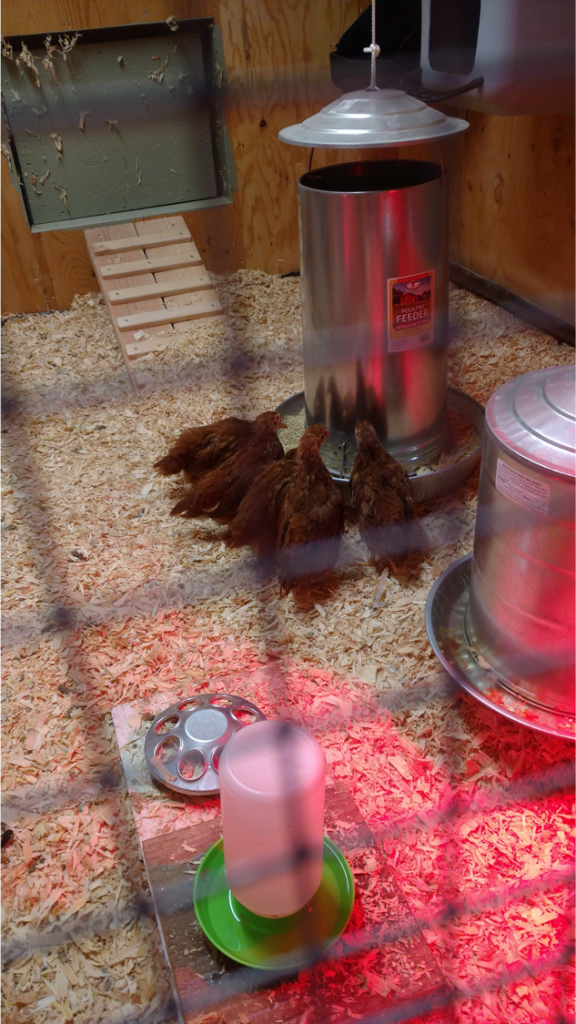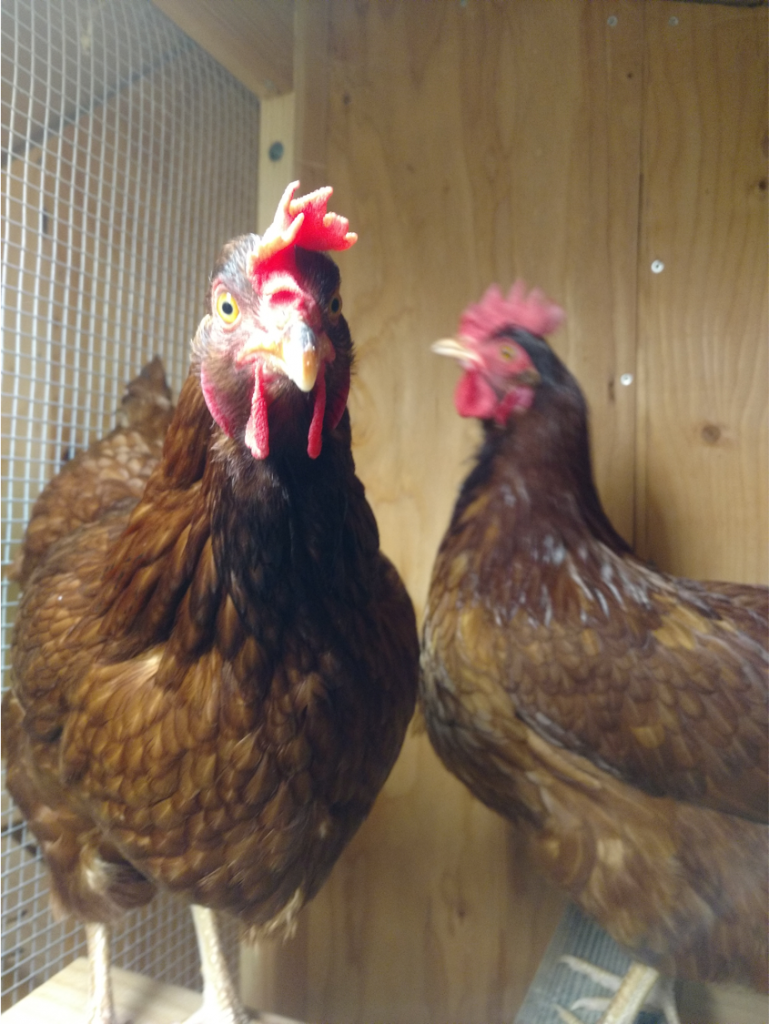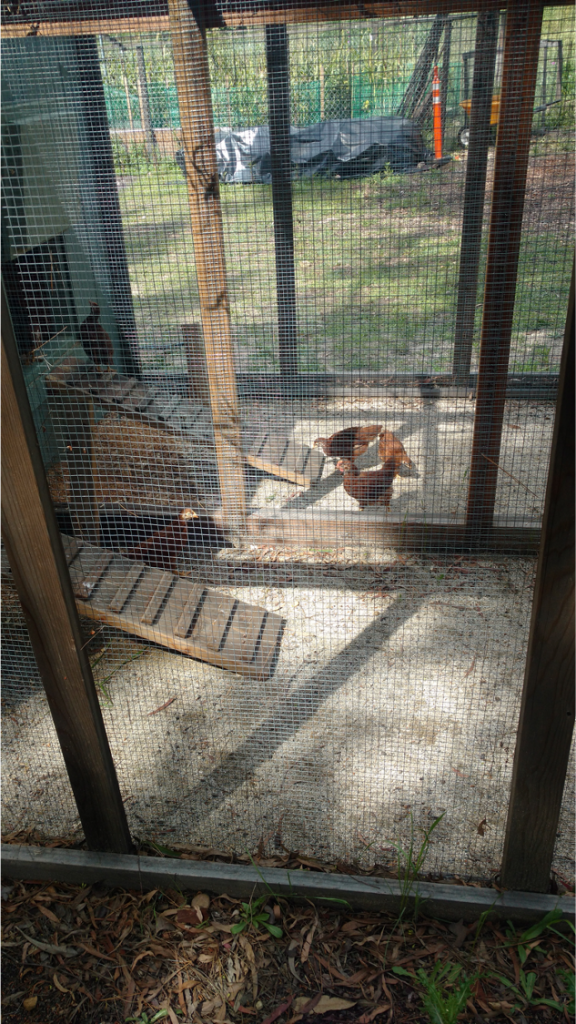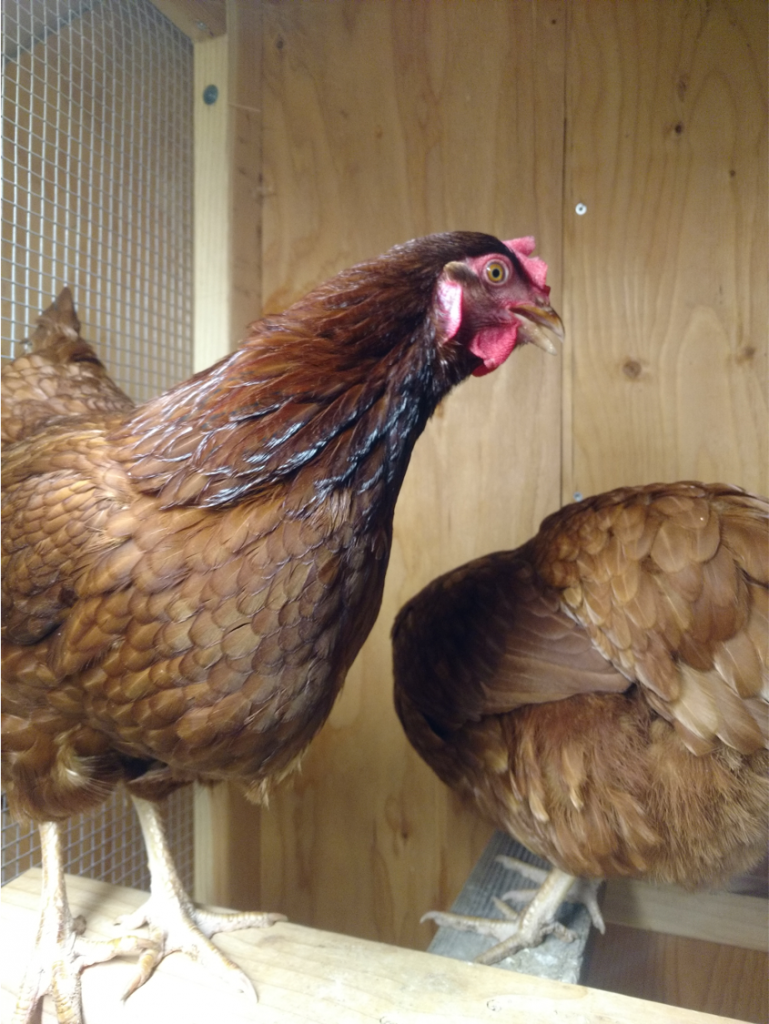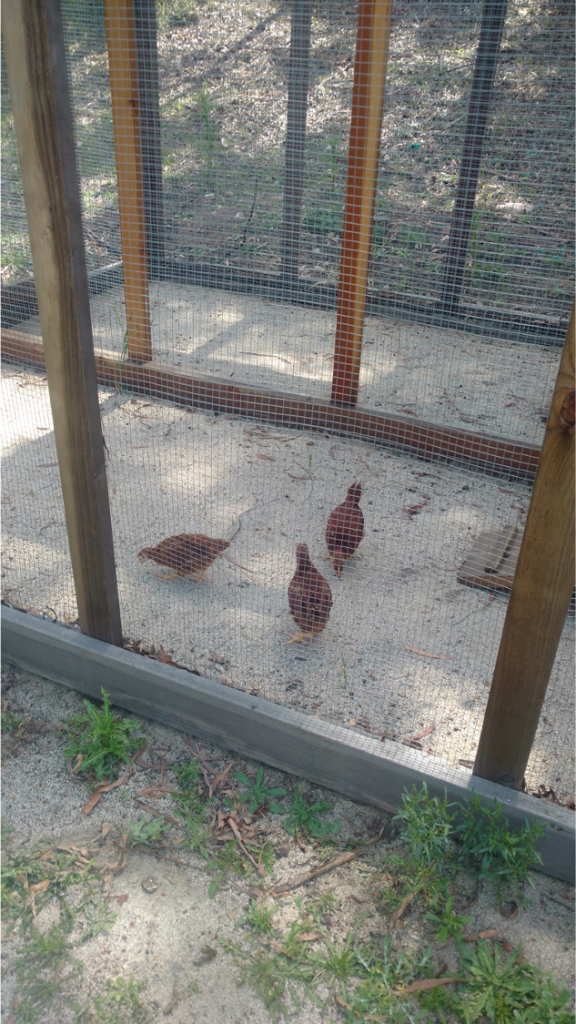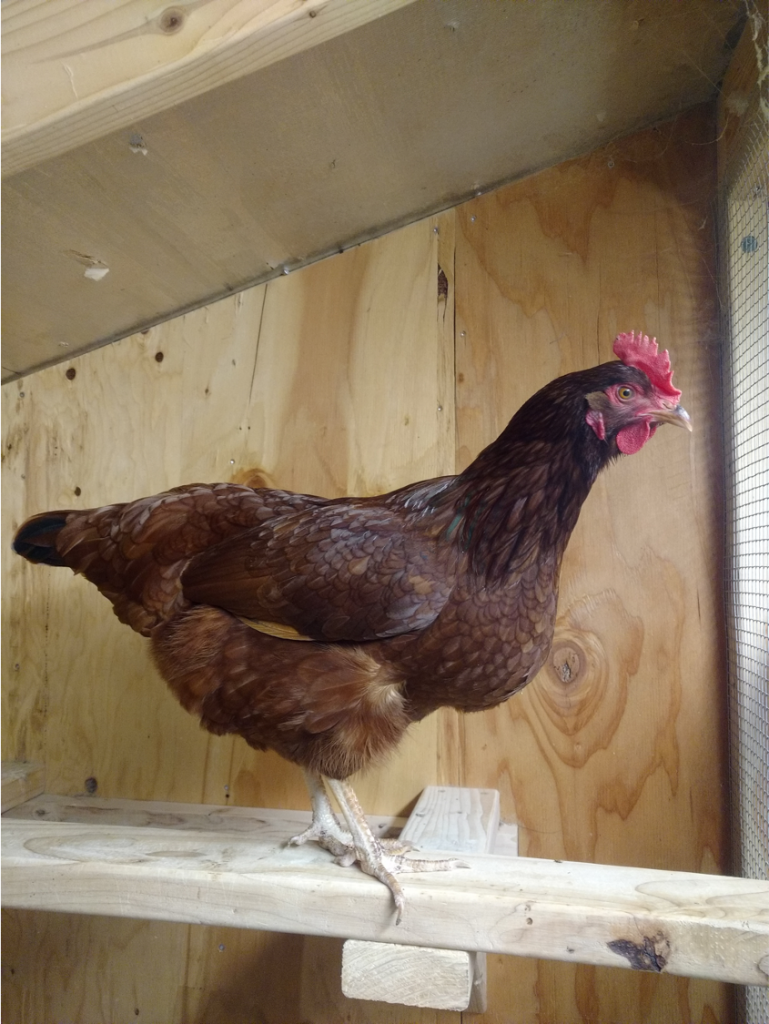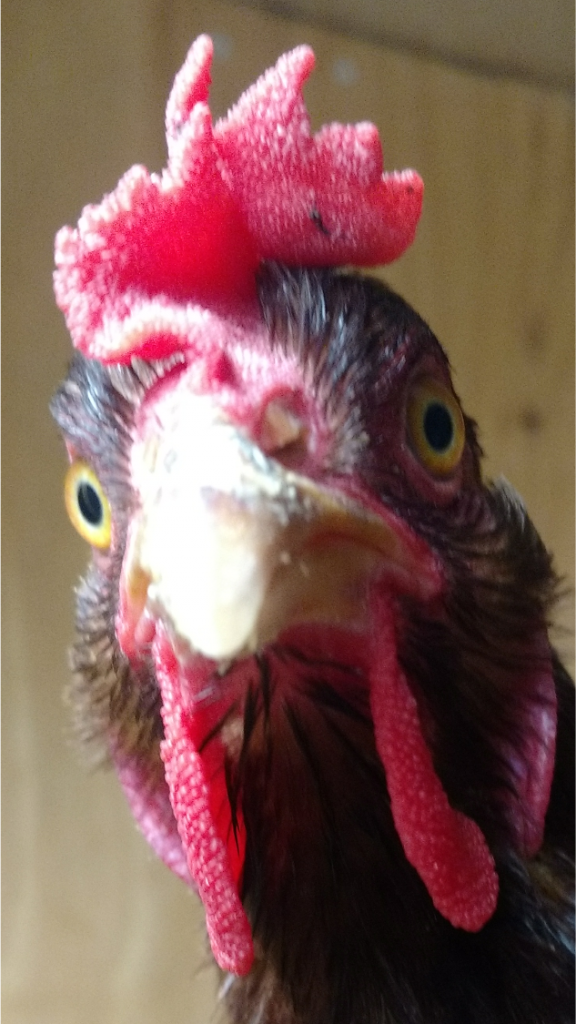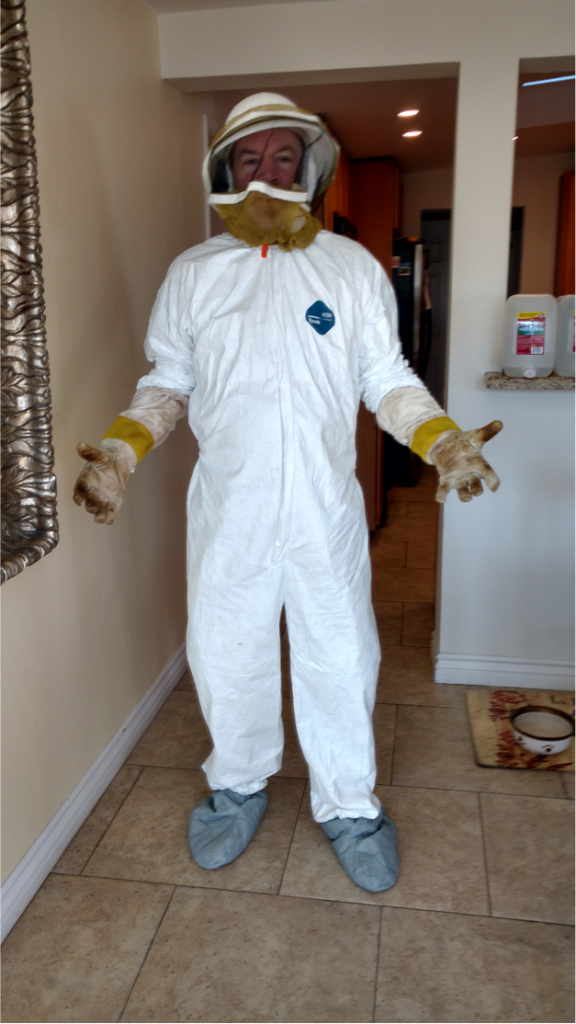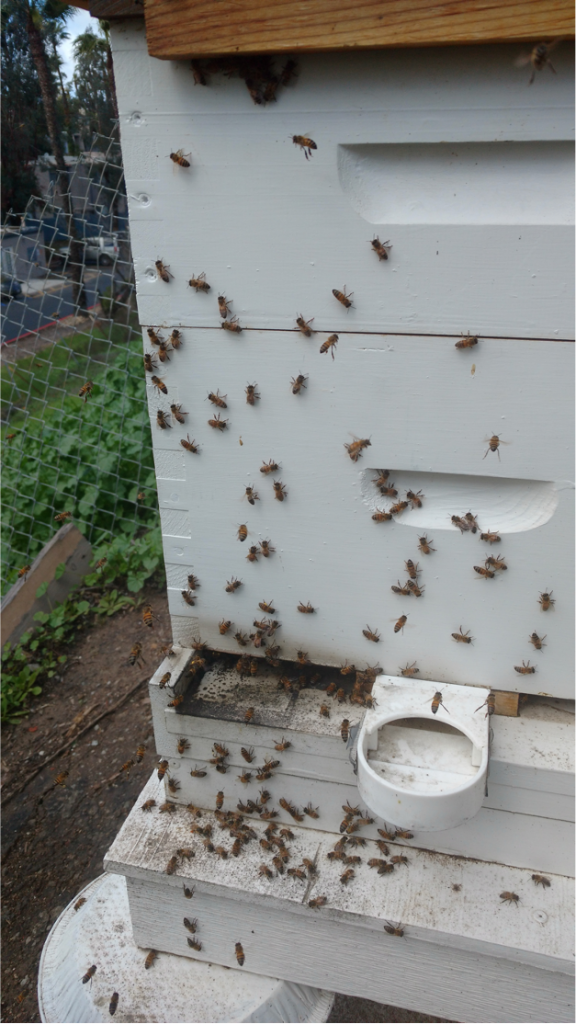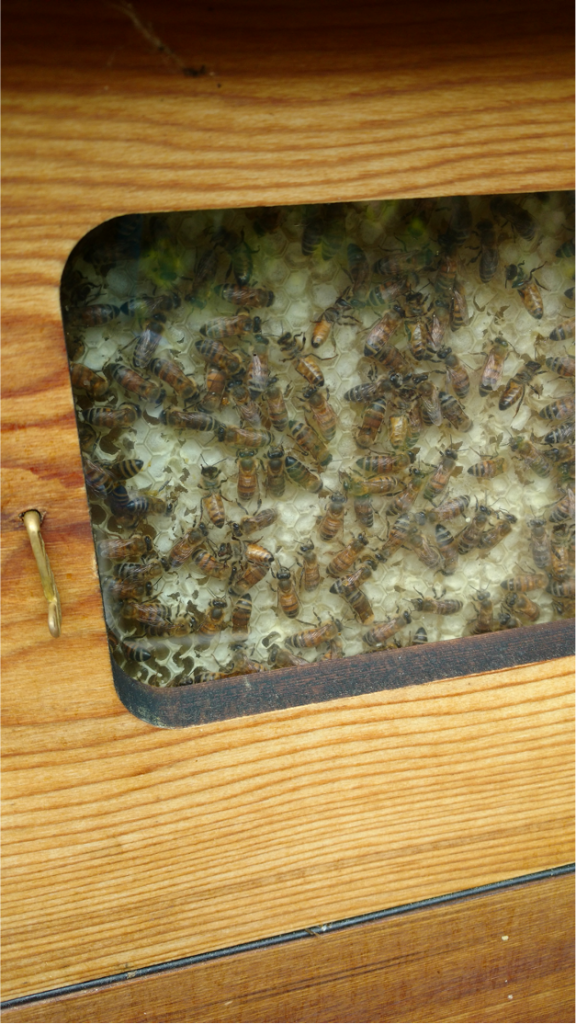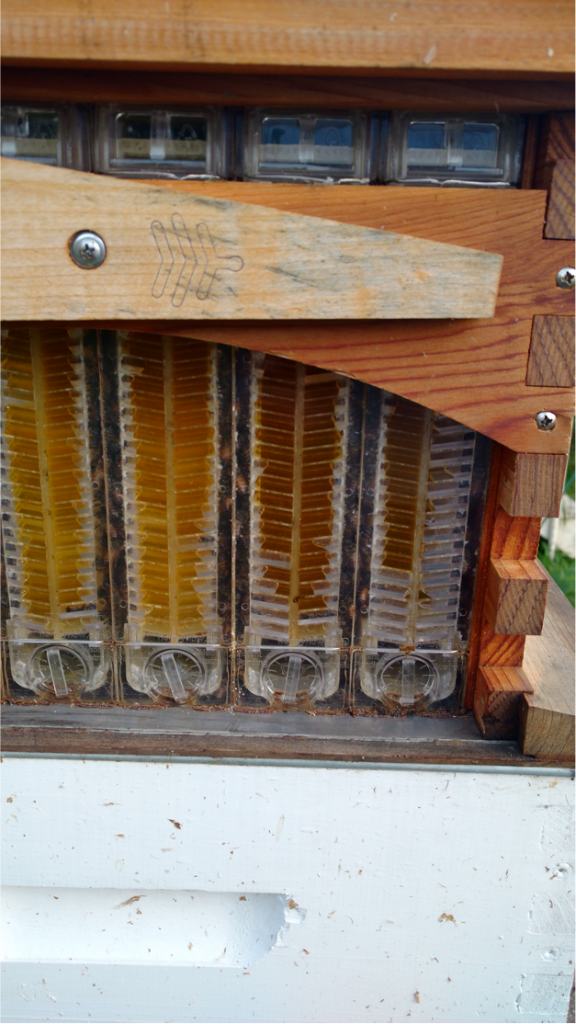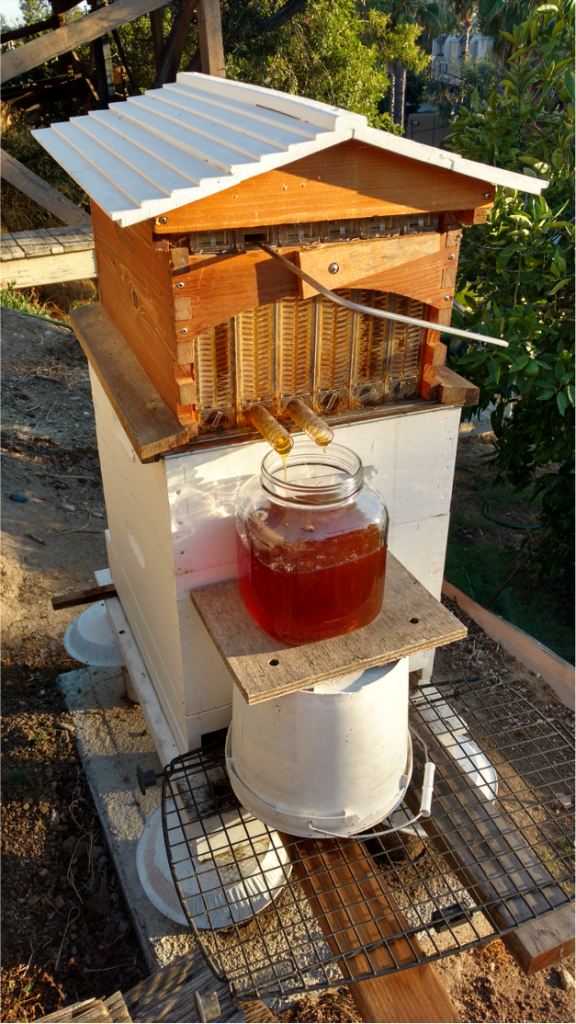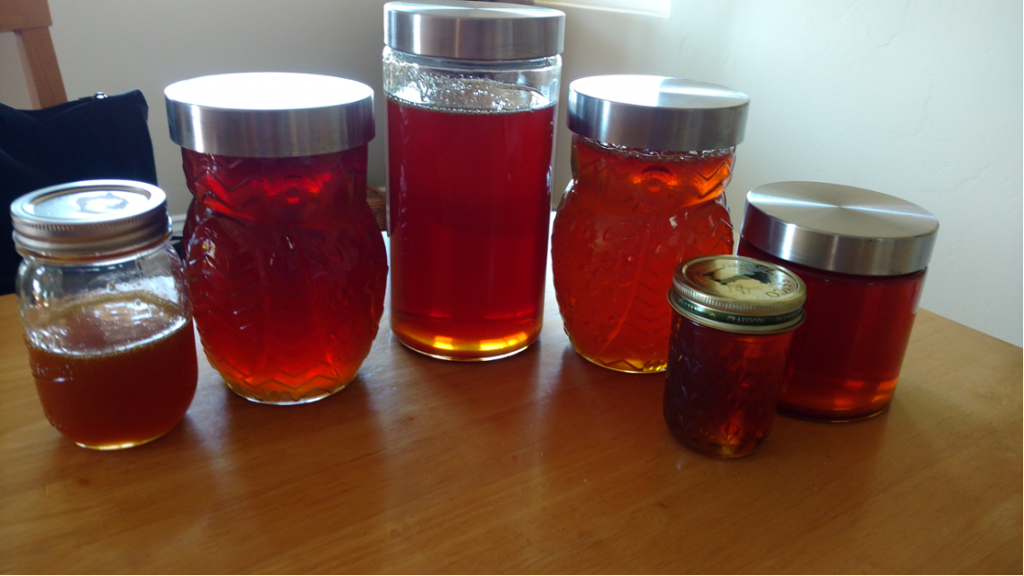Educational Focus: Professor Love is morally, ethically, and professionally compelled to enhance the means by which students learn how to become better stewards of our vulnerable planet. To this end he has been especially focused on educating students on the great strengths and value of US agricultural food production systems. He also teaches them to explore, design, develop, and utilize newly emerging technologies such as hydroponics, aquaponics, apiary sciences, and humane animal and poultry care.
USDA Funded Urban Agriculture Project: Within all of the STEM courses he teaches, Dr. Love consistently confirms that students more readily understand complex concepts if the topics are tied to real-life examples. Agricultural sciences provide a rich source of such examples which he uses in courses such as General Chemistry, Biochemistry, Energy and the Environment, Environmental Chemistry, and a new STEM GE course, which originated from the his team’s previous USDA grant (USDA-NIFA-HSI 2017-38422-27108). The new course is titled Saving Our Planet with Sustainable Biochemistry. It is a lower-division GE course that will be offered during the 2021/2022 academic year and teaches students the following concepts and technologies:
- Introduction to General, Organic, and Biochemistry Principles
- Sustainable Indigenous Farming Methods
- Modern Agricultural Systems and Technologies
- Apiculture (Beekeeping)
- Edible Insects as a Sustainable (and Tasty!) Protein Source
- Master Gardening and Urban Agriculture: Hydroponics, Aquaculture, Aquaponics
- Sustainable and Humane Poultry Egg Production
- Food Waste to Rich Protein via Black Soldier Fly Larvae (Hermetia illucens soil piranhas)
- Master Composting
SDSU SOULA Team: SOULA stands for Sustainable, Optimized, Urban and Latino-driven Agriculture, which is a project at the conceptual heart of our previous USDA grant. For this project we combine ‘tried-and-true’ indigenous agricultural methods (proven over the millennia to be sustainable) with modern agricultural methods. For example, our students test, grow, and assess an indigenous method know as Milpa, which includes the ‘Three Sisters’ – corn, beans and squash. Corn demands high nitrogen input, beans are a legume and thus fix atmospheric nitrogen, and when combined with squash the three vegetables provide a balanced diet. Dr. Love is one of the original founders of the SOULA project and he helped assemble a very strong team of collaborators who currently work on this project. The team includes: Dr. Ramona Perez – SDSU Professor of Anthropology and Director of the Center for Latin American Studies; Dr. Changqi Liu – SDSU School of Exercise and Nutritional Sciences. He is an expert on the physical, biochemical, and nutritional properties of food; Dr. Pascale Joassart-Marcelli – Professor of Geography and Director of the Interdisciplinary Urban Studies Program; Dr. Waverly Ray – Associate Professor of Geography at San Diego Mesa College (our key collaborator at SD Mesa College).
SOULA Living Laboratories: Funding from the USDA grant enabled us to build a series of ‘living laboratories’ at the SDSU-affiliated College Area Community Garden. A primary focus of this research is the development, testing, and application of sustainable urban agriculture technologies. Dr. Love, and the team, planned, designed, implemented, and built these living ‘urban agriculture’ laboratories. They include the following food production systems: raised vegetables grow beds; two large hydroponic greenhouses that are fully equipped with cutting-edge hydroponic technologies and instrumentation; a large chicken coop and caged run; two raised beehive platforms (which contain ‘flow-hive’ beehives); and a platform for culturing Black Soldier Fly Larvae for highly efficient composting and as a nutritious source of protein for poultry. Below are a series of photos taken from the very beginning of the SOULA project and that show the results of our efforts for the facilities, the two greenhouses, hydroponics, raised beds, our chickens at different ages, and our beekeeping activities.
